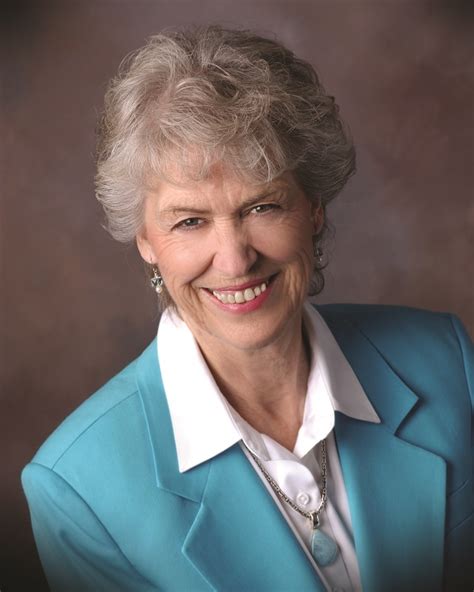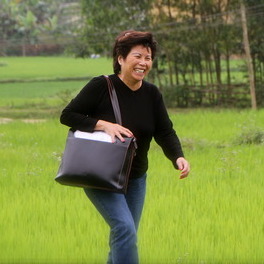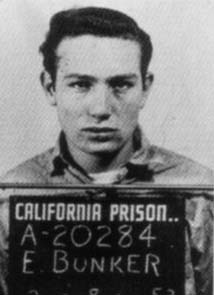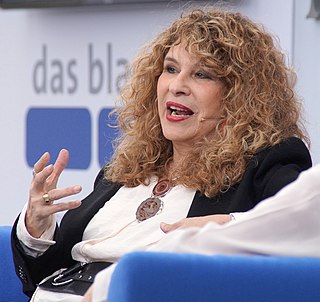A Quote by Marya Hornbacher
At times it may seem worse - harder, at least - to live through the despair of this loss without the temporary comfort of our addictive behaviour. We cannot drown our sorrows. We must face the fact that we don’t know, really, where we are, how we got here, how long the pain will last, or how to move past it. That uncertainty may be the most painful part of not knowing a God: no one is there to reassure us that a God will take the pain and confusion away. We simply don’t know. And we have no way to numb ourselves or to forget the condition we’re in.
Quote Topics
Addictive
Away
Behaviour
Cannot
Comfort
Condition
Confusion
Despair
Drown
Face
Fact
Forget
God
Got
Harder
His Loss
How
Know
Knowing
Last
Least
Live
Long
Loss
May
Most
Move
Must
Not Knowing
Numb
Our
Ourselves
Pain
Painful
Part
Past
Really
Seem
Simply
Sorrows
T Pain
Take
Temporary
Through
Times
Uncertainty
Us
Way
We Cannot
Will
Without
Worse
Related Quotes
God is okay. He's got big shoulders. He's okay with our - with our questioning and our - you know, I think the bigger the question, the bigger the answer, you know? It may be sickness, it may be loss, it may be disappointment, but sometimes you feel like heaven's silent, that "God, how-how can this be love?" But actually, if you go back to the Word, you know, it just underpins everything.
For you see, the face of destiny or luck or god that gives us war also gives us other kinds of pain: the loss of health and youth; the loss of loved ones or of love; the fear that we will end our days alone. Some people suffer in peace the way others suffer in war. The special gift of that suffering, I have learned, is how to be strong while we are weak, how to be brave when we are afraid, how to be wise in the midst of confusion, and how to let go of that which we can no longer hold. In this way, anger can teach us forgiveness, hate can teach us love, and war can teach us peace.
I do not believe we can truly enter into our own inner pain and wounds and open our hearts to others unless we have had an experience of God, unless we have been touched by God. We must be touched by the Father in order to experience, as the prodigal son did, that no matter how wounded we may be, we are loved. And not only are we loved, but we too are called to heal and to liberate. This healing power in us will not come from our capacities and our riches, but in and through our poverty. We are called to discover that God can bring peace, compassion and love through our wounds.
We are accustomed to repeating the cliché, and to believing, that 'our most precious resource is our children.' But we have plenty of children to go around, God knows, and as with Doritos, we can always make more. The true scarcity we face is practicing adults, of people who know how marginal, how fragile, how finite their lives and their stories and their ambitions really are but who find value in this knowledge, even a sense of strange comfort, because they know their condition is universal, is shared.
But how to know the falsity of death? How can we know there is no death? Until we know that, our fear of death will not go either. Until we know the falsity of death, our lives will remain false. As long as there is fear of death, there cannot be authentic life. As long as we tremble with the fear of death, we cannot summon the capacity to live our lives. One can live only when the shadow of death has disappeared forever. How can a frightened and trembling mind live? And when death seems to be approaching every second, how is it possible to live? How can we live?
Finding a way to extend forgiveness to ourselves is one of our most essential tasks. Just as others have been caught in suffering, so have we. If we look honestly at our life, we can see the sorrows and pain that have led to our own wrongdoing. In this we can finally extend forgiveness to ourselves; we can hold the pain we have caused in compassion. Without such mercy, we will live our own life in exile.
There are going to be tears in Heaven, because God is going to have to wipe them away. No doubt many of us will cry when we first arrive there and realize just how much our many mistakes have cost and lost. But God will wipe away all these tears, and comfort and encourage us and inspire us for the future, so we can forget the past. There will be tears, but thank God He will wipe them away with His joy. Then there will be no more tears and no more years, only a happy eternity!
It is phenomenal how fast a little toot of smack will take away the agony of withdrawal and most other kinds of pain. What it cannot take away it makes meaningless. You may still have a broken arm, but somehow it doesn't matter so much. The same is true for angst and anxiety. It cancels pain so hidden that you were unaware of its existence until it disappeared.
I believe that God will help us to forget things, the memory of which would do us harm, or rather that He will enable us to remember only so much of them as will be for our good, and we, ourselves, not emotionally overwhelmed. The pain endured. The lesson learned. Let it now be forgotten! Face the future with courage, cheerfulness, and hope. Give God the chance and He will make you forget all that it would be harmful to remember.
The agony of martyrdom is almost too much to bear. In the early hours, when the loss is fresh, there is no comfort in knowing Glory will live on. We speak of the martyrs in History but we cannot know the actual pain they suffered in their final living hours. They enter the realm of the mythic, but we must never forget these were men like ourselves. When their flesh is torn, they cry out. They suffer as you or I would suffer, although more bravely. Remember Christ. Although I am now an enemy to Joseph's legacy, I shudder when recalling his pain.
A thin line separates laughter and pain, comedy and tragedy, humor and hurt. Our lives constantly walk that line. When we slip off on one side or the other, we're taken by surprise. But who said there wouldn't be surprises? Knowing God just means that all the rules will be fair; at the end of our life drama, we'll see that. We never know how things will turn out, but if we know with certainty they will make sense regardless of how they turn out, we're on to something.
About 2500 years ago Aeschylus, the Greek playwright, wrote, He who learns must suffer. And even in our sleep, pain that cannot forget falls drop by drop upon the heart and in our own despair, against our will, comes wisdom to us by the awful grace of God. These remarkable photos and the stories that accompany them should be on billboards from sea to shining sea, so the pain and suffering they represent might fall drop by drop upon the American psyche and against our will, by the awful grace of God, wisdom might come to these United States and her foreign policy.



































